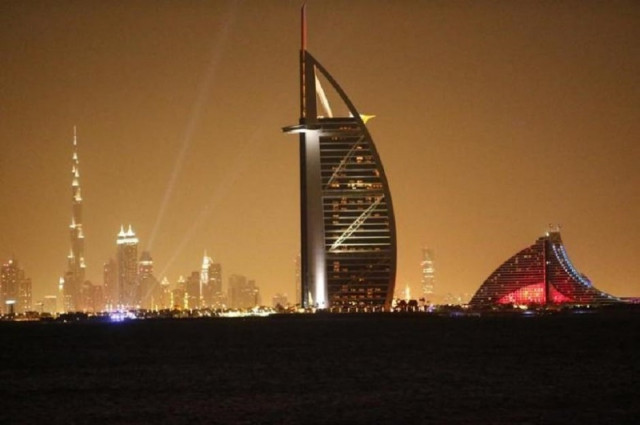Why the Arab world could be the next startup hub
The growth in the number of tech startups has helped in the evolution of the marketing industry in the region

The growth in the number of tech startups has helped in the evolution of the marketing industry in the region. PHOTO: REUTERS
Despite the uncertainties over oil prices and war in the middle east, Dubai has been a fairly stable destination for startups to launch their businesses.
7 things to know before signing your startup offer letter
The Financial Times reports that these uncertainties have led a growing number of college graduates from countries like Egypt and Syria to make their way to the city for jobs and a better life. This may have inadvertently played a part in the development of Dubai.
Success stories in the region
Among the recent success stories is Careem. Launched in 2012 by Mudassir Sheikha and Karl Magnus Olsson, Careem is a direct competitor to Uber and is present in 22 cities across MENA and Asia today. The company has since raised over US$60 million to date.
Another major success is Souq. Launched in 2005, Souq has steadily established itself as the largest ecommerce site in the Arab world. Most recently, the company raised nearly US$275 million from Tiger Global earlier this year.
Looking past Dubai
While Dubai is home to some of the largest tech startups in the Arab region, we are also seeing encouraging signs of growth from other countries in the MENA region. However, most of these are in the North Africa region in places like Tunisia and Egypt.
Pakistan's leading tech firms crowned atP@SHA ICT awards
Within the Arab world, however, growth has been fueled by a growing number of consortium and enterprise forums that have been organizing startup competitions and conferences. These have served to encourage growth of the startup culture among educated youth.
MIT Enterprise Forum, for instance, has collaborated with UNHCR, Unicef, and others to launch a startup competition targeted specifically at refugees. The competition aims to solve product or service needs that would address the refugee problem.
While these are small beginnings, they are likely to yield dividends over the long term.
A way to get past tough times
With the price of oil continuing to stay volatile, countries in the ME have started to look at tech startups as a way to offset the downturn. Saudi Arabia recently invested as much as US$3.5 billion in Uber as a way to diversify their investments.
Evolving the marketing industry
The growth in the number of tech startups has also helped in the evolution of the marketing industry in the region.
This start-up is solving the worst thing about your holiday – poor Wi-Fi
Mention, the Paris based media monitoring company, says they have been seeing double-digit growth in adoption from Middle Eastern countries in recent times. These come especially from UAE, Saudi Arabia, and Jordan. Moreover, niche Arabic marketing tools for platforms like Twitter and Facebook have also been surfacing.
While all of this is quite encouraging, there is still a long way to go for a true Arabian Silicon Valley to emerge. Despite all the progress Dubai has made, it still does not feature anywhere near the top of the world’s hottest startup hubs. This is going to be the challenge that the Arab world will have to tackle next.
Who knows, the next Google or Facebook could come from a basement in Dubai.
This article originally appeared on Tech in Asia.



















COMMENTS
Comments are moderated and generally will be posted if they are on-topic and not abusive.
For more information, please see our Comments FAQ